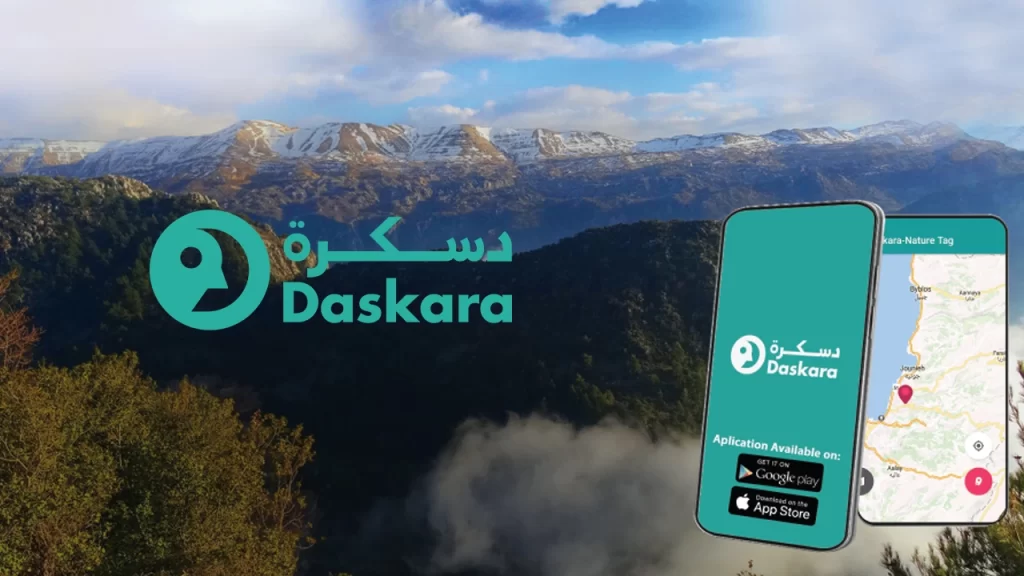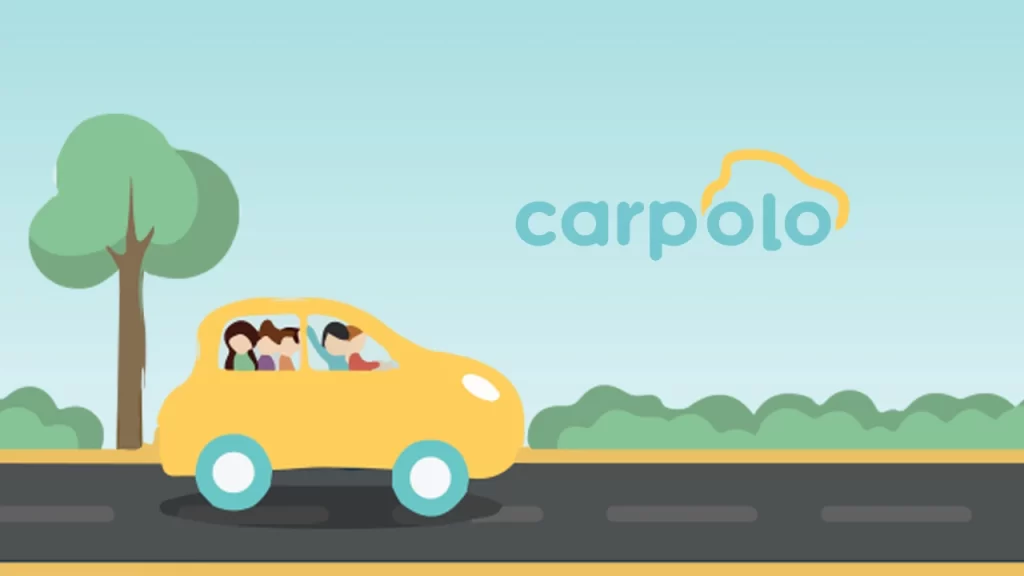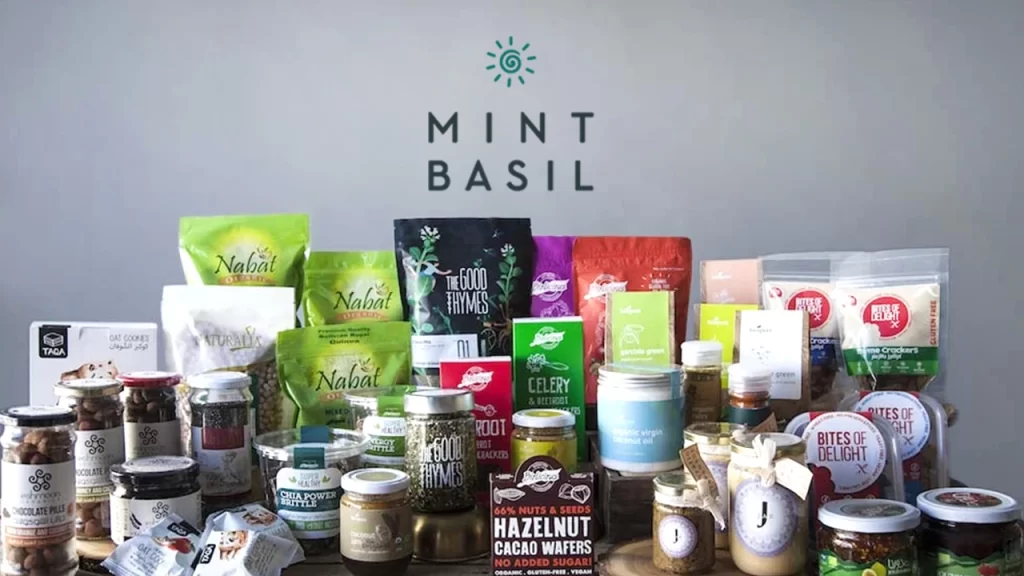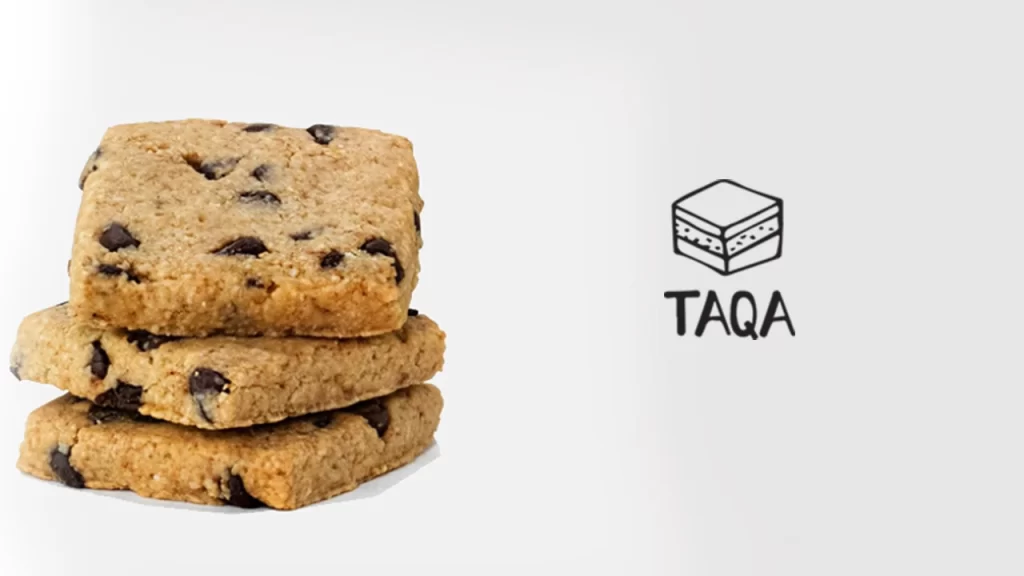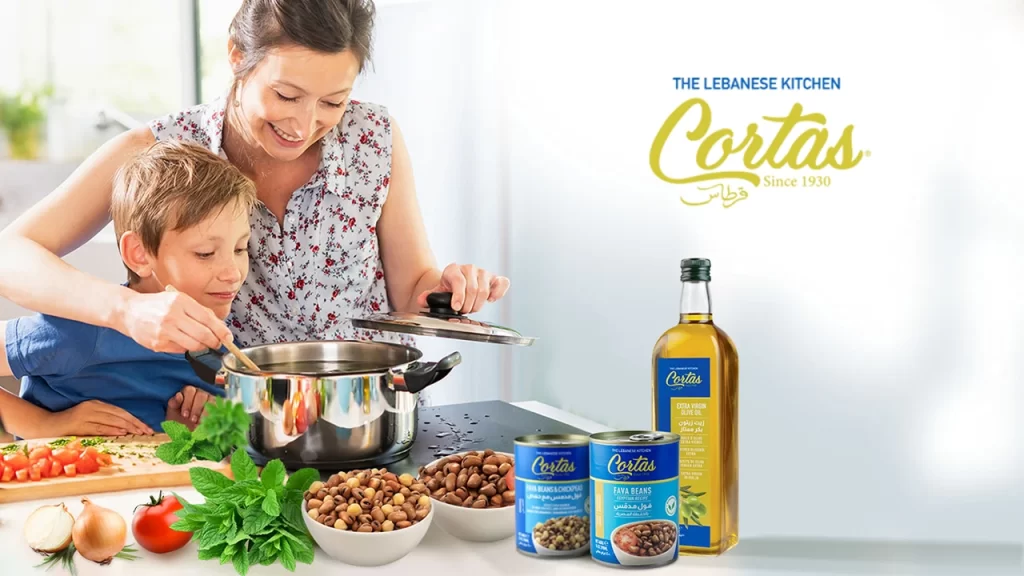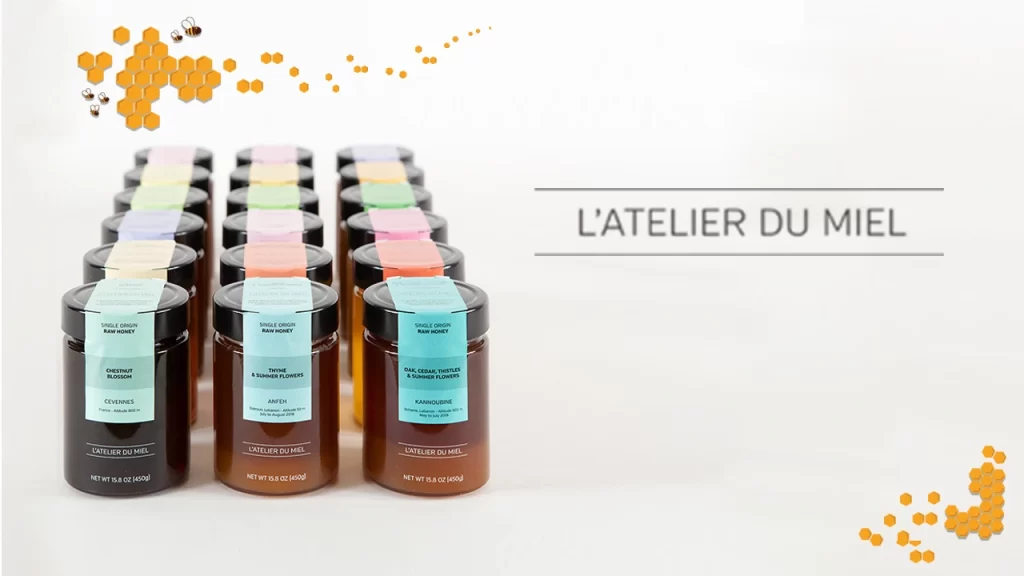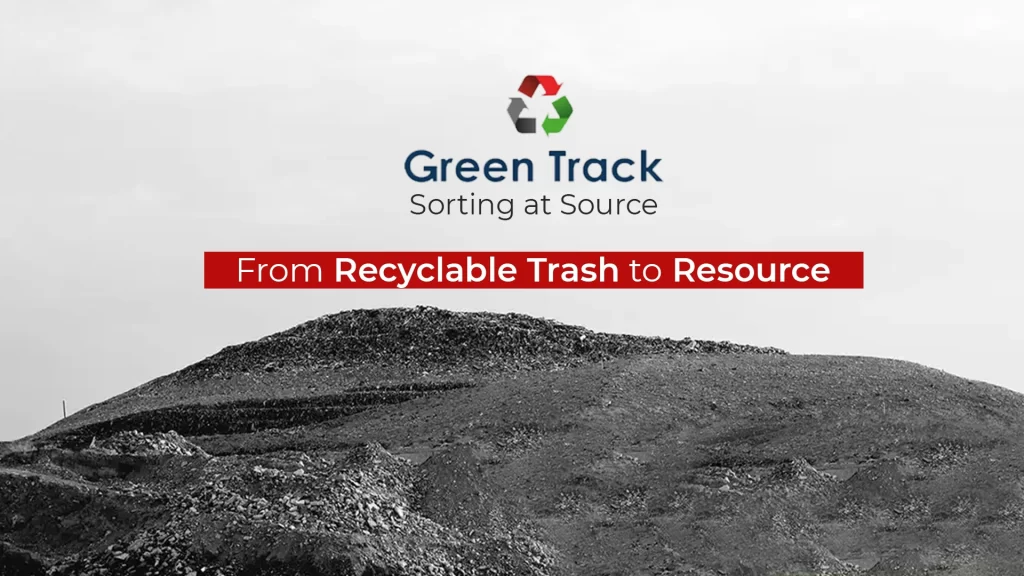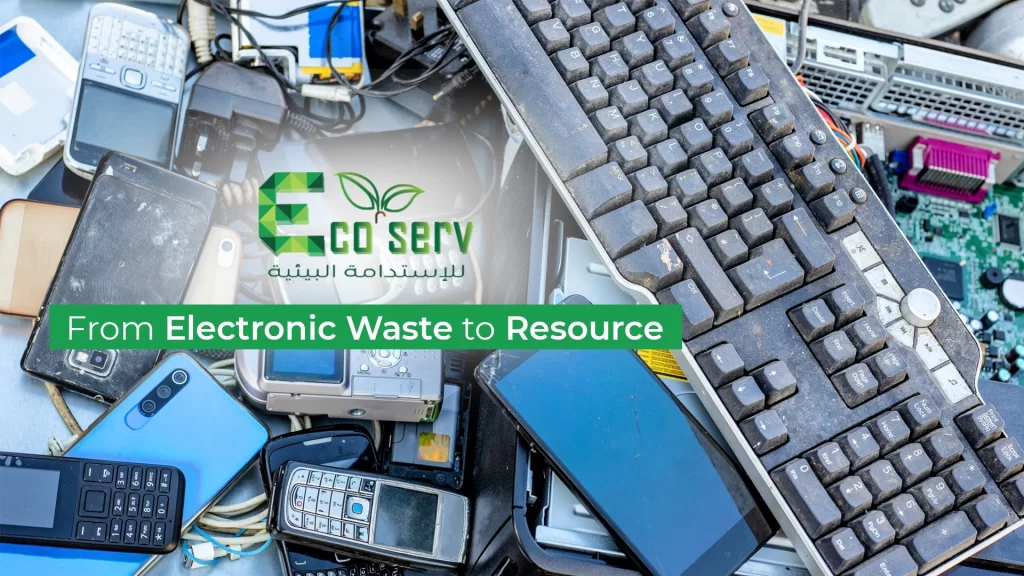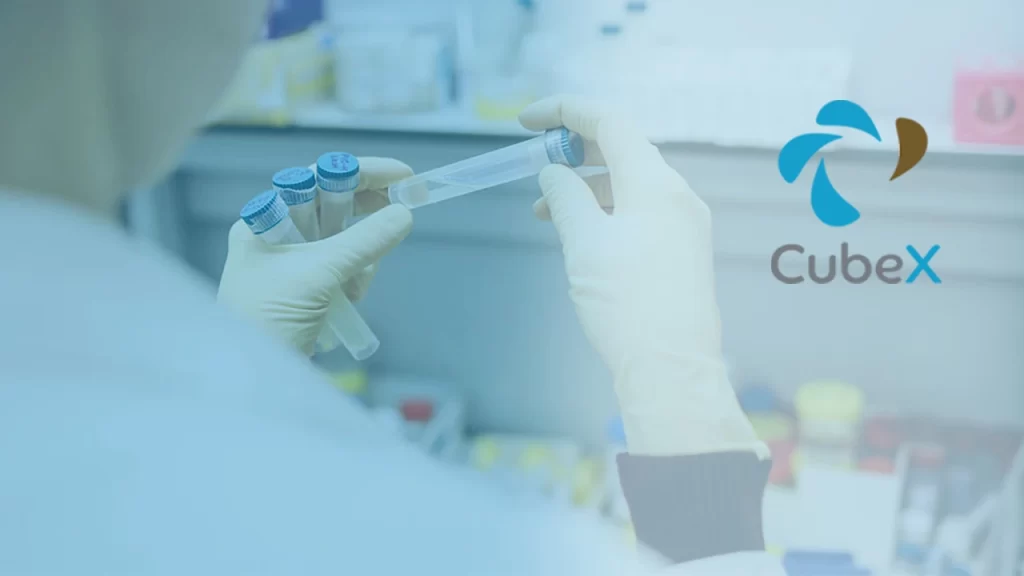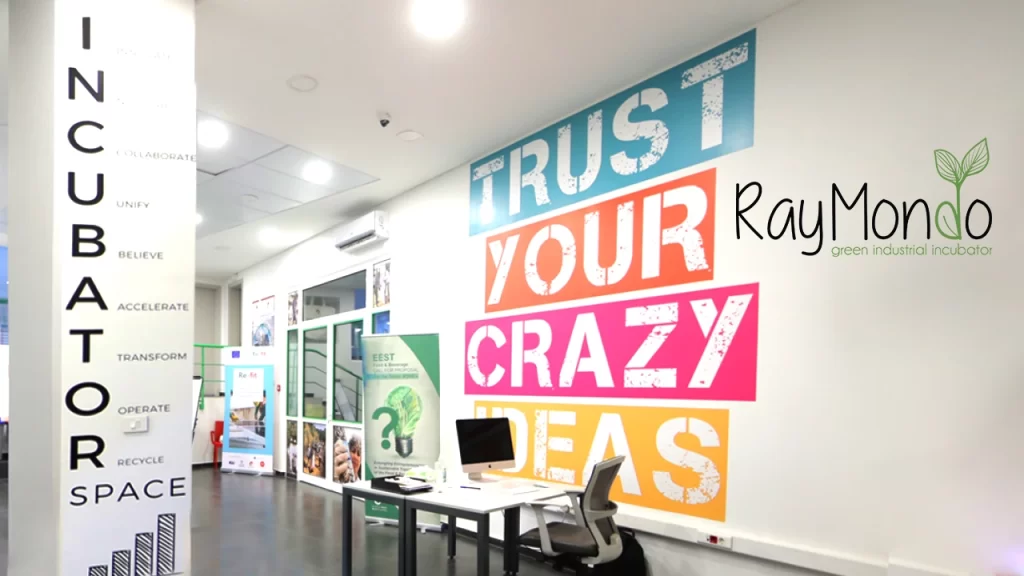
The MENA region lacks sustainable organizations specialized in second-hand clothing collection and re-distribution. FabricAID establishes a socially and environmentally conscious value chain for the apparel industry. It creates a future where everyone can afford decent clothing and the fashion industry does no social and environmental harm. FabricAID’s social impact is built around three main activities; collection, sorting, and re-distribution through a network of more than 150 clothing-collection bins distributed across the country. They work to establish a socially and environmentally conscious value chain for the apparel industry by optimizing the collection, sorting, up-cycling, and resale of second-hand clothes through socially conscious and sustainable brands. FabricAID recycled more than 8 tons of second-hand clothing, which contributed to 65 tons less carbon emissions.
Environmental, Economic & Social Impact:
- 300 clothing collection bins in Lebanon and Jordan
- 14 stores for marginalized communities in Lebanon and Jordan
- 190,000 supported beneficiaries in Lebanon and Jordan
- 696,000 clothing items sold at microprices in Leb & Jordan
- 411,584 kg of recycled clothes in Leb & Jordan
- 550,000 kg of fewer CO2 emissions
- 100 jobs created in Lebanon and Jordan
Interview With FabricAID:
“Fondation Diane gave us not only financial contribution but also strategic and logistical support. The unconditional backing makes us one of the top and most trusted in this business.” -Omar Itani, Founder of FabricAID
Project’s Presentation and History:
FabricAID is a social enterprise that was born in Lebanon in 2017 and aims to establish a socially and environmentally conscious value chain for the apparel industry. One way this mission is achieved is by offering decent clothing at affordable prices through a circular model that increases the efficiency of second-hand clothes collection, sorting, and distribution. The need for such an enterprise in the MENA region emanated from the lack of specialization, resources, and capacity in the used clothing collection and re-distribution. In light of the tremendous need for good-quality and affordable second-hand clothing amongst underprivileged communities in the Middle East and Lebanon more specifically, FabricAID has succeeded in creating a model capable of filling this gap. The collection of new and gently used clothes, shoes, and accessories happens through a network of more than 100 smart clothing collection bins located across the country. Some other collection means include partnerships with businesses and organizations from NGOs that receive clothing donations. Additionally, home pick-ups as well as school competitions and ambassador programs have been set up to increase collection.
How did you become a green entrepreneur?
FabricAID was created when, accidentally, I discovered that the clothing my family had been donating to their apartment building’s concierge was going to waste because it did not fit his family’s needs. I realized that there was no proper system for collecting and redistributing used clothes in Lebanon. So, in December 2016, I started a social media experiment, collecting clothes from friends, sorting through them, and giving disadvantaged families exactly the items, they needed. The response was overwhelming and before long, my house was filled with bags of clothes. After an investigation and a second-hand shop, I found out that in Lebanon about 2.5 million people are living in poverty and many of them shop at an estimated 500 second-hand stores, most of which import used clothing from Europe and Africa. Meanwhile, NGOs struggle with donations because it takes effort and money to store and redistribute items.
Do you have a message for future entrepreneurs?
In times of great uncertainty, people are most eager for change; a change that usually is brought up by new solutions. New solutions are usually brought up by those who take risks and think differently. Capitalize on the uncertainty of our times to build solutions that will most certainly bring greater good for the many, not the few.
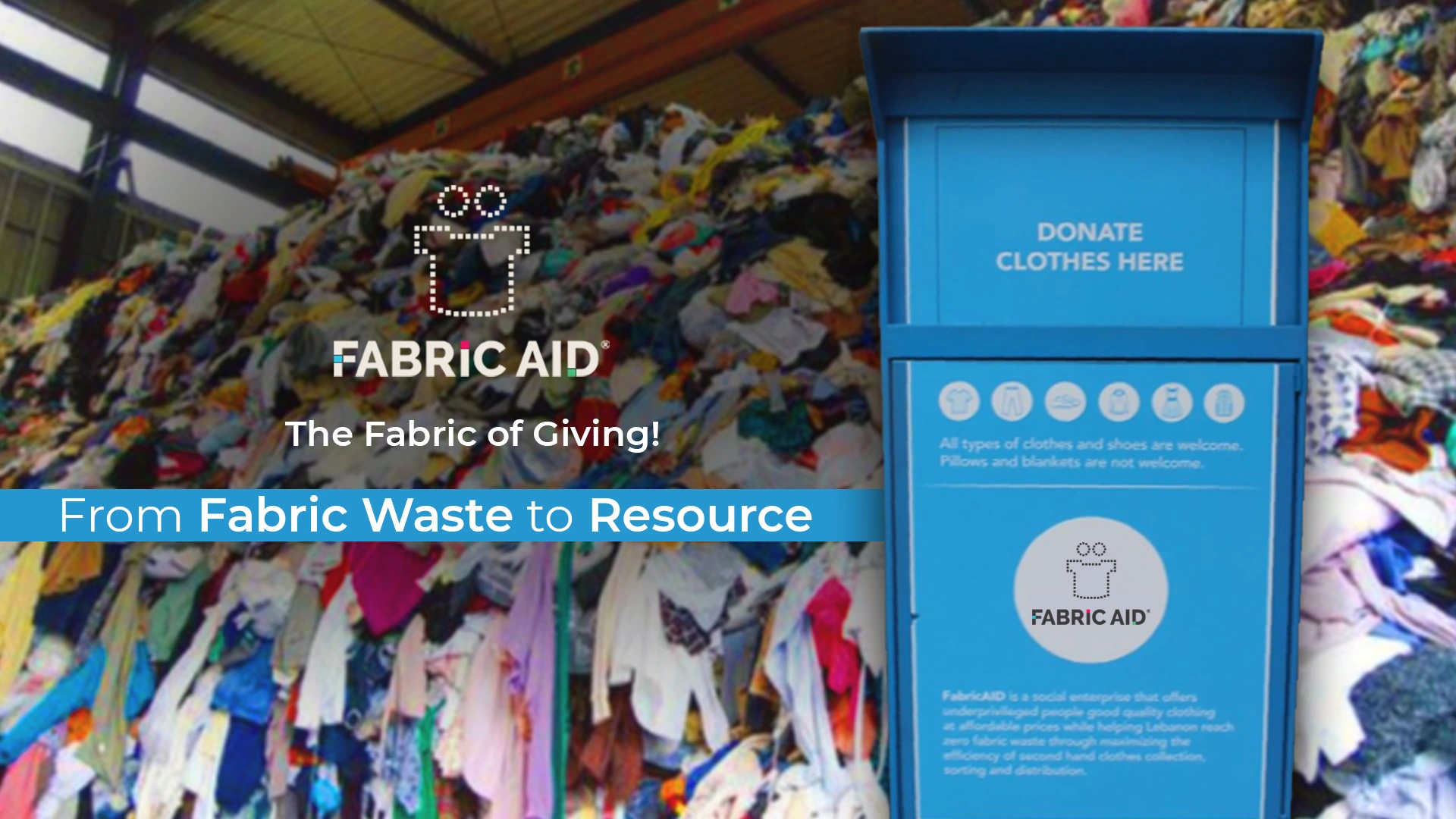
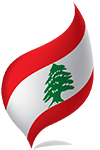 Civic Awareness & Eco-sustainable Development
Civic Awareness & Eco-sustainable Development

